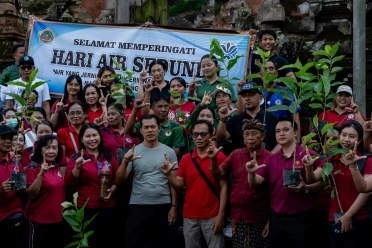Bali is now known as one of the most sought out tourism destinations in the world. But beneath the surface of this tropical paradise lies a poignant tale of courage, sacrifice, and unwavering devotion to freedom. This is the story of the Puputan Margarana War, a chapter in Bali's history that embodies the very essence of heroism.
The Puputan Margarana: A Tale of Bali's Heroic War and Sacrifice
A Glorious End
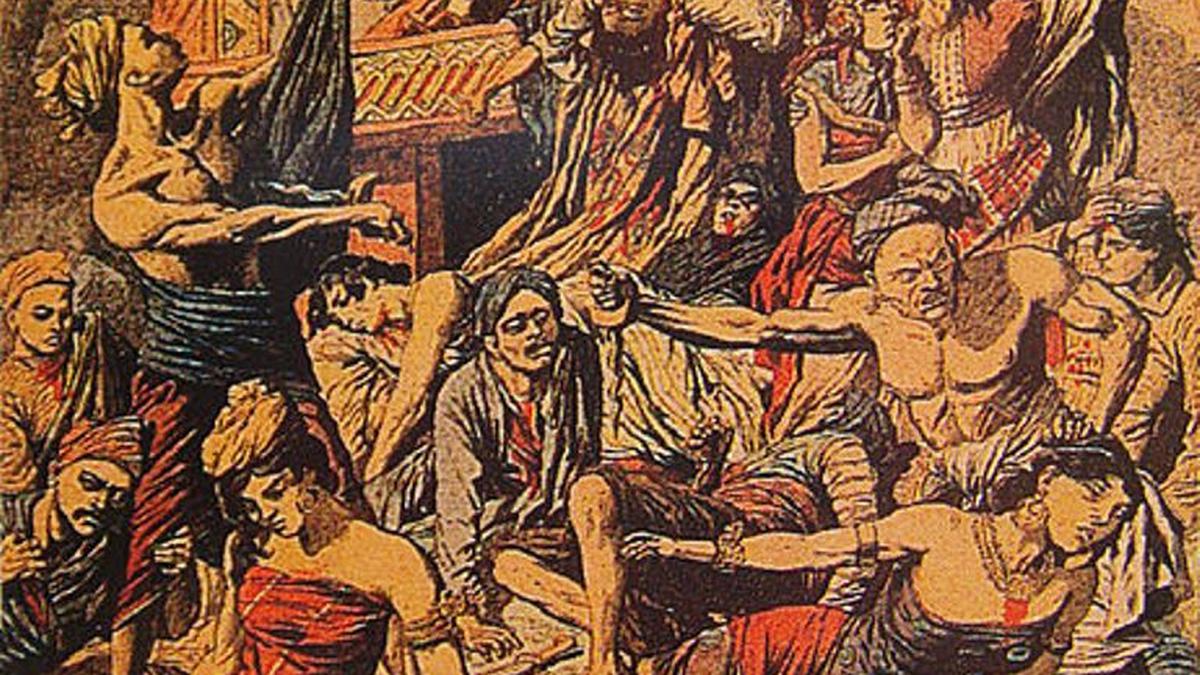
"Puputan," a Balinese word that means "to finish" or "to come to an end," takes on a profound significance in the context of this historical event. The Puputan Margarana War was a desperate last stand by the Balinese people against Dutch colonial rule, and it is a testament to their unwavering commitment to their homeland and their refusal to surrender to foreign domination.
Though one of the most renowned, The Puputan Margarana War was not the only instance of "puputan" in Bali's rich history. Throughout the island's long and storied past, there have been several other Puputan wars, each rooted in the same indomitable spirit of the Balinese people. Such as Puputan Jagaraga, done by the XII King of Buleleng, Gusti Ngurah Karangasem, along with his 400 followers at Jagaraga Fortress, and Puputan Bayu, which is now considered one of the biggest between the Dutch Colonial VOC and Balinese people. There were approximately more than 60,000 casualties from the Blambangan Kingdom that took part in this massive war.
The Selfless Hero
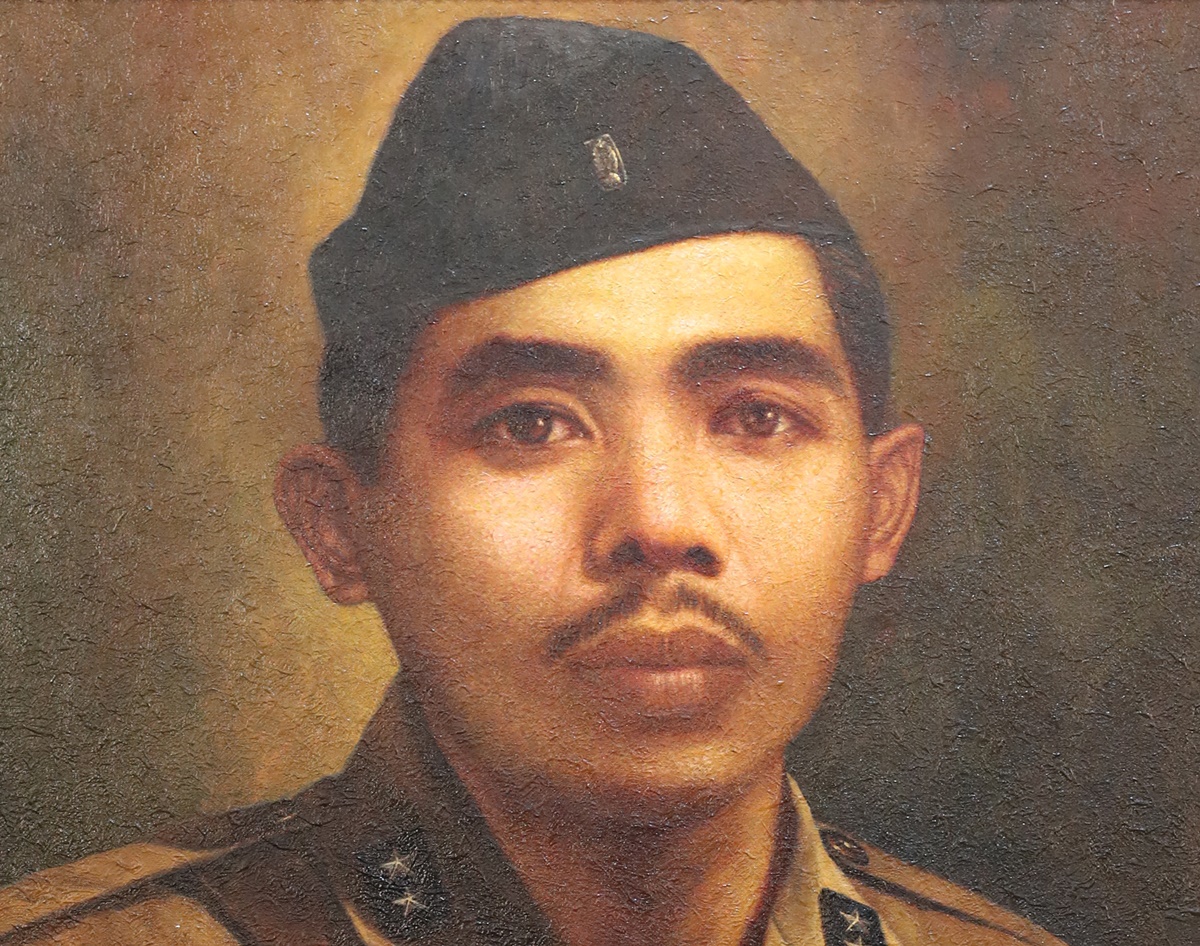
At the heart of this narrative is the heroic figure of I Gusti Ngurah Rai, a charismatic and fearless Balinese leader who played a pivotal role in the resistance against the Dutch. Ngurah Rai, born in 1917, was not just a military strategist but also a symbol of the Balinese spirit, deeply rooted in the island's rich traditions and Hindu culture.
The catalyst for the Puputan Margarana War was the Dutch colonial administration's oppressive policies and their efforts to consolidate their control over the island. The Balinese people, fiercely proud of their cultural heritage and independence, found themselves increasingly oppressed and marginalized by the Dutch. As tensions mounted, a sense of urgency prevailed among the Balinese leaders, and they decided to take a stand.
I Gusti Ngurah Rai emerged as the charismatic leader who could unite the disparate Balinese kingdoms in their fight for independence. His leadership was marked by a deep commitment to Balinese customs and values, and he inspired his followers with his unwavering determination to defend their homeland. Ngurah Rai's rallying cry was clear: they would fight to the death, and if defeat seemed inevitable, they would choose "puputan—to finish it all—rather than surrender.
The Historical Showdown
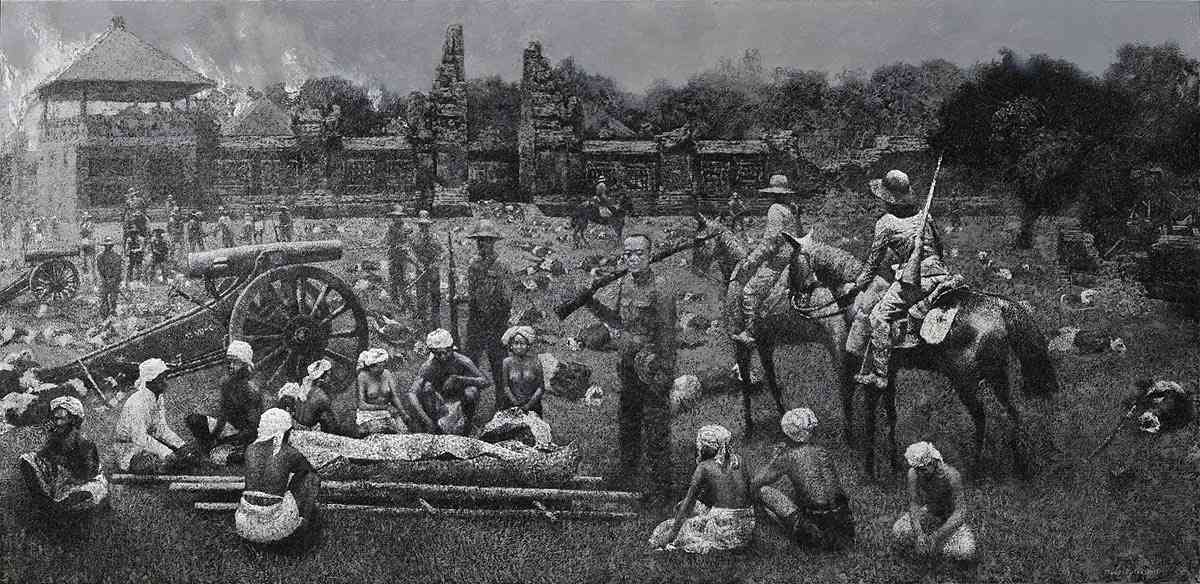
The epic showdown took place on November 20, 1946, in the village of Margarana. Ngurah Rai and his small army, vastly outnumbered and outgunned, confronted the Dutch forces. What followed was a harrowing and emotional battle, as the Balinese warriors fought with a fierce determination that was born out of love for their land and an unyielding commitment to their culture.
In the face of overwhelming odds, Ngurah Rai and his troops chose "puputan." They marched forward, dressed in traditional attire, their hearts filled with unwavering resolve. The Balinese warriors fought valiantly until the very end, and when it became clear that they could not prevail, they made the ultimate sacrifice. Rather than submitting to Dutch rule, they collectively embraced their fate, refusing to be subjugated.
An Endearing Conclusion
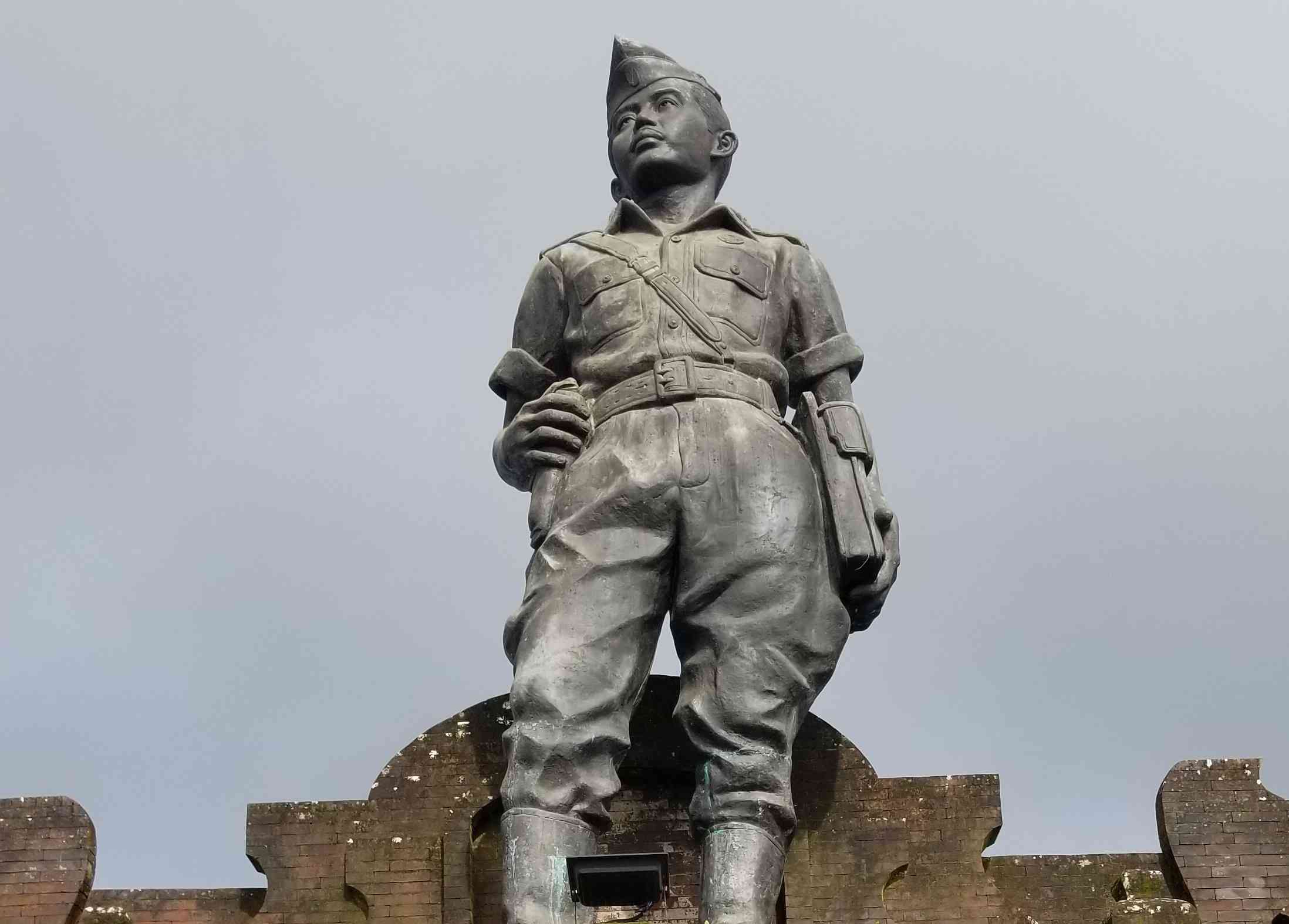
The Puputan Margarana War left an indelible mark on Bali's history and serves as a testament to the Balinese spirit of self-determination and heroism. It became a symbol of resistance and a source of pride for the Balinese people. Ngurah Rai, whose leadership and sacrifice remain an enduring inspiration, is remembered as a national hero.
Today, the Puputan Margarana War Memorial in Margarana village stands as a solemn tribute to the brave souls who gave their lives for Bali's freedom. The memorial serves as a reminder of the island's enduring commitment to its traditions, culture, and independence.
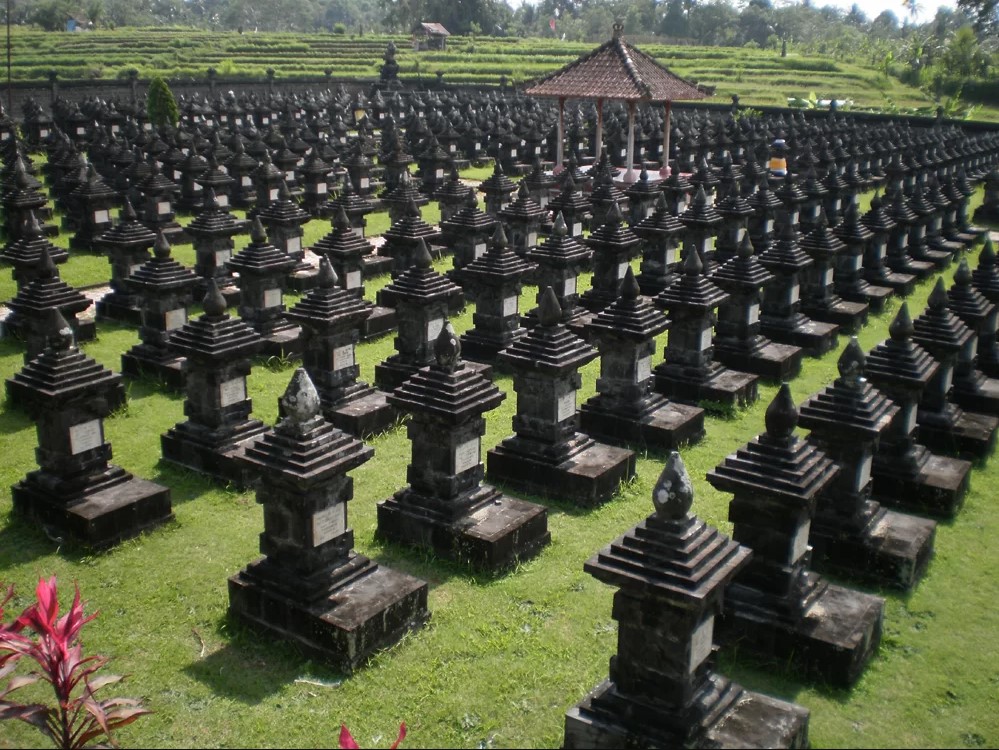
In the annals of history, the Puputan Margarana War shines as a beacon of courage and resilience. It tells the story of a people who, in the face of adversity, chose to uphold their values and freedom at any cost. It is a story that resonates not only with the Balinese but with all who cherish the ideals of heroism and sacrifice. The Puputan Margarana War is a testament to the enduring power of the human spirit, forever etched into the heart of Bali, the Island of the Gods.



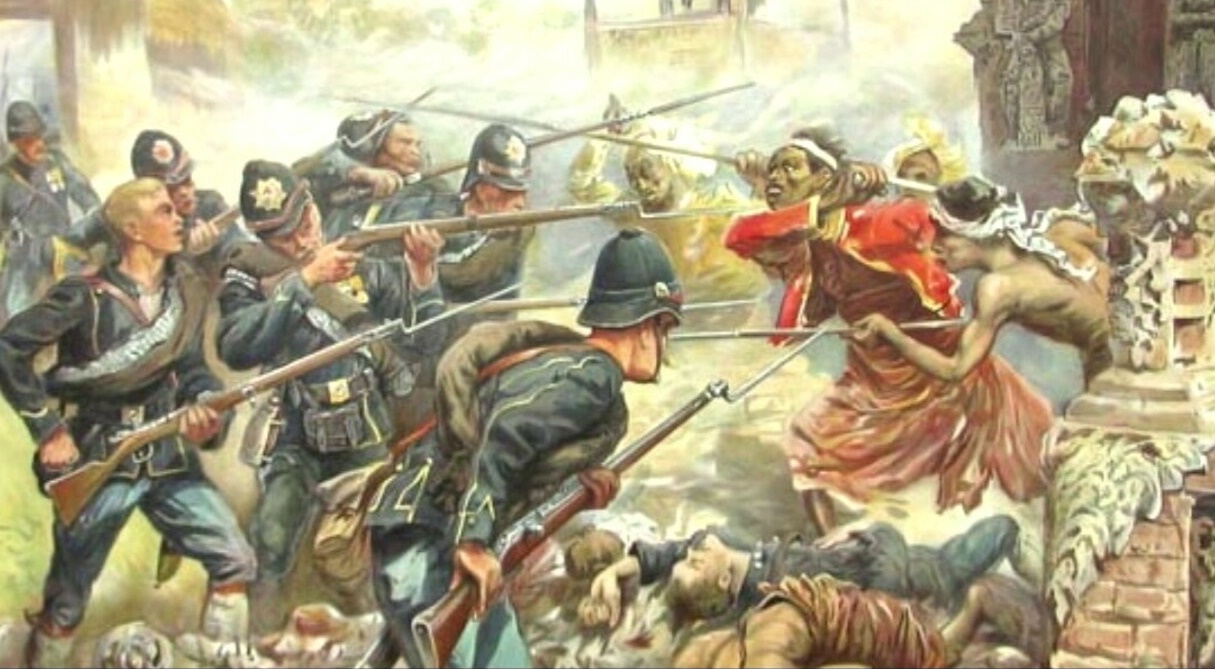
 Billy Bagus
Billy Bagus
 Sep 15, 2023
Sep 15, 2023





